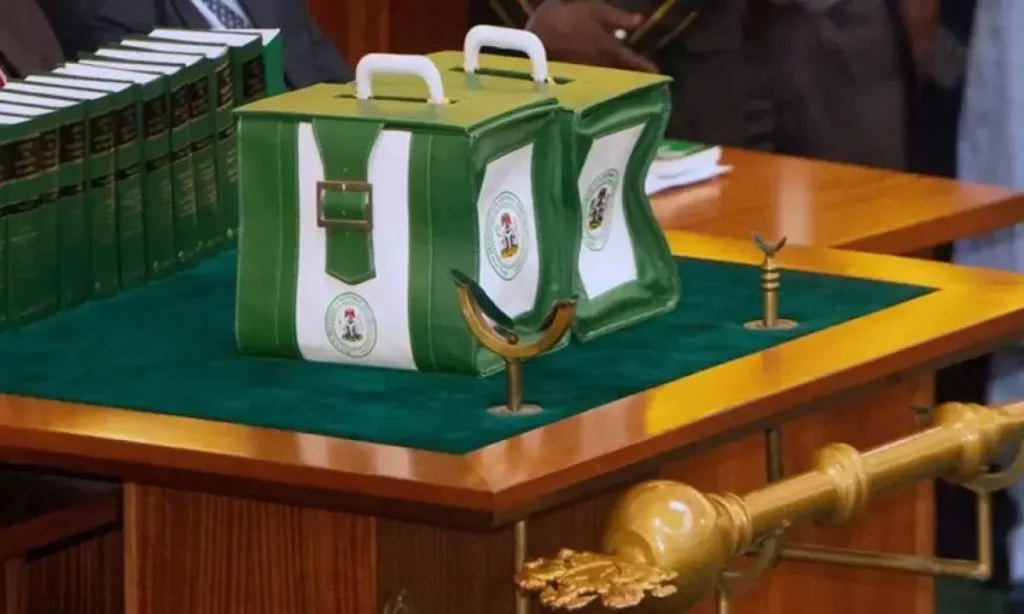
The Centre for Economic Reforms in Africa (CERA) has voiced concerns over the Federal Government’s failure to settle payments for local contractors who completed projects under the 2024 budget.
In a statement signed by its Director, Dr. Martins Tayo, CERA highlighted the severe economic and social repercussions of the government’s inability to meet its financial obligations, describing it as a pressing issue that threatens businesses, families, and the broader economy.
The think-tank noted that delayed payments have plunged many contractors into financial crises, with loan defaults, layoffs, and operational stagnation becoming prevalent. According to CERA, the government’s failure to honor its commitments has resulted in a ripple effect across various sectors, stalling economic growth and undermining public confidence in fiscal management.
Economic and Social Impacts
“The impacts of this failure on the economy and businesses are far-reaching,” the statement read. “The lack of payment to contractors has restricted their ability to invest in new projects, expand operations, and create jobs. This has also disrupted the livelihoods of thousands of workers employed by these contractors.”
CERA further stressed that the situation has contributed to reduced economic activity by limiting the amount of money in circulation. The resultant downturn in business operations has hampered government revenue generation, while Nigerian families grapple with job losses and reduced access to basic needs such as food, healthcare, and education.
“The government’s inability to pay its debts is eroding trust and confidence in its financial management. The failure to pay contractors not only affects the private sector but also threatens the country’s social fabric as more Nigerians struggle to make ends meet,” the statement added.
Potential Risks and Recommendations
CERA warned that if the issue persists, it could deter local and foreign investors, who may become reluctant to engage with a government perceived as financially unreliable. The organization also cautioned that growing frustration among affected businesses and workers could escalate into social unrest and protests.
To mitigate the crisis, CERA recommended immediate prioritization of contractor payments, coupled with the establishment of a clear and transparent repayment framework. This framework should outline timelines, amounts, and payment modalities to rebuild trust and stabilize economic activities.
Budget Performance Concerns
The concerns raised by CERA align with observations made during a recent meeting between the Senate and House of Representatives committees on appropriation and the presidential economic team.
The Minister of Finance and Coordinating Minister of the Economy, Wale Edun, disclosed at the meeting that the overall performance of the 2024 budget stood at 43 percent, with recurrent expenditure achieving 100 percent while capital expenditure lagged at just 25 percent.
Senator Solomon Adeola, Chairman of the Senate Committee on Appropriation, emphasized the urgency of releasing funds for capital projects to prevent abandoned initiatives and ensure the success of the Renewed Hope Agenda.
“The non-release of funds for capital projects is a major issue in the performance of the 2024 budget so far,” Adeola said.
CERA’s call to action underscores the need for decisive government intervention to avert further economic strain and restore stability to the nation’s financial landscape.




















Comments